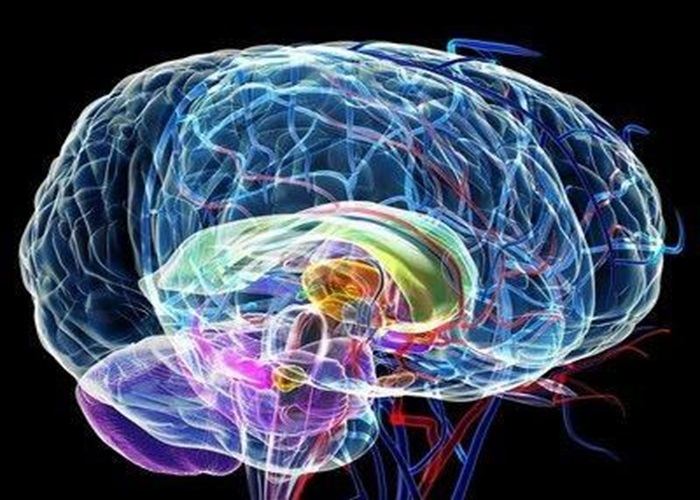A groundbreaking study published in Neuron has revealed key insights into how aging impacts the brain differently in men and women. Conducted by a team of U.S. researchers, the study aims to decode the mechanisms that drive cognitive resilience and decline in both genders, uncovering the role that biological sex plays in brain health over time.
While aging affects every human brain, it does so in distinct ways between the sexes. Research shows that women tend to have a longer lifespan than men, often experiencing slower cognitive decline and better memory function as they age. These advantages are believed to stem from a combination of hormonal influences, chromosomal differences, and metabolic factors that contribute to brain health.
A fascinating insight from the study emerged from research on Caenorhabditis elegans, a model organism used to study biological processes. In these roundworms, the X chromosome was found to enhance neural resilience, potentially explaining why women’s brains exhibit greater resilience during aging. This discovery, along with other findings, could provide a new understanding of how sex chromosomes influence cognitive health.
One of the most intriguing aspects of the study was the role of the X chromosome in brain aging. It appears that the X chromosome, rich in neural genes, contributes significantly to cognitive resilience. In C. elegans, hermaphrodite worms (with two X chromosomes) demonstrated better memory retention and greater neural resilience compared to male worms with one X chromosome. This concept holds promising implications for human aging, where the second X chromosome in women may offer similar cognitive advantages.
Additionally, the study delves into the concept of the “Pink Box Warning,” advocating for the consideration of sex-based differences in drug efficacy and side effects. The authors highlight the importance of considering these differences in medical research and treatment development, especially when it comes to aging and neurodegenerative diseases.
Beyond biological factors, the study also explored how societal and gendered experiences—such as caregiving and occupational stress—interact with biological sex to influence brain aging. The authors argue that these external stressors, combined with sex-based biological differences, may exacerbate the cognitive decline seen in aging populations, particularly in men.
The research also draws attention to the historical biases in scientific studies that have disproportionately focused on male participants, often overlooking sex-specific analyses. Recent advancements in genetics and diagnostic tools are finally enabling scientists to study these differences more effectively, potentially reducing disparities in healthcare and improving outcomes for both men and women.
The study found that biological sex significantly impacts brain aging, with women generally exhibiting slower biological brain aging and improved cognitive performance as they age. Brain scans revealed that women’s brains showed a younger epigenetic clock, indicating delayed aging processes in various brain regions.
In animal models, female subjects (with two X chromosomes) displayed enhanced cognitive aging and better memory performance than their male counterparts. The research also demonstrated that estrogen signaling and the presence of a second X chromosome contributed to improved cognitive resilience, while testosterone exposure had distinct effects on brain aging in males.
The findings have broad implications for both clinical research and healthcare strategies. By recognizing the biological differences between men and women in terms of brain aging, researchers can develop more targeted therapies for neurodegenerative diseases like Alzheimer’s and Parkinson’s. The study advocates for more inclusive drug trials that take sex-specific differences into account, which could ultimately lead to more effective treatments and improve healthcare outcomes across genders.
This study marks a pivotal step in understanding how gender influences brain aging. By uncovering the genetic, hormonal, and molecular mechanisms behind sex-specific differences in cognitive decline, the researchers have laid the groundwork for the development of personalized interventions to support brain health in aging populations.
The authors stress the importance of integrating sex-based considerations into future research to ensure equitable healthcare solutions and improve the quality of life for aging individuals, regardless of gender. With continued exploration into the biology of aging, there is great potential to unlock new, targeted treatments that can help preserve brain health for both men and women as they age.
Read more:
- 12 Simple Ways To Boost Your Brain Health Every Day
- Can HRT Help Brain Fog?
- How Does Schizophrenia Affect The Brain?


